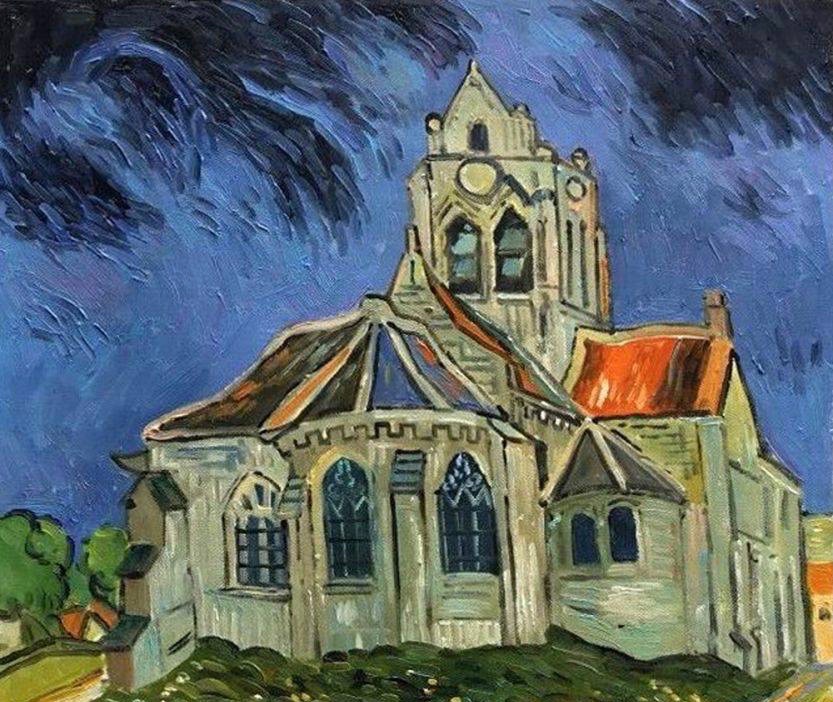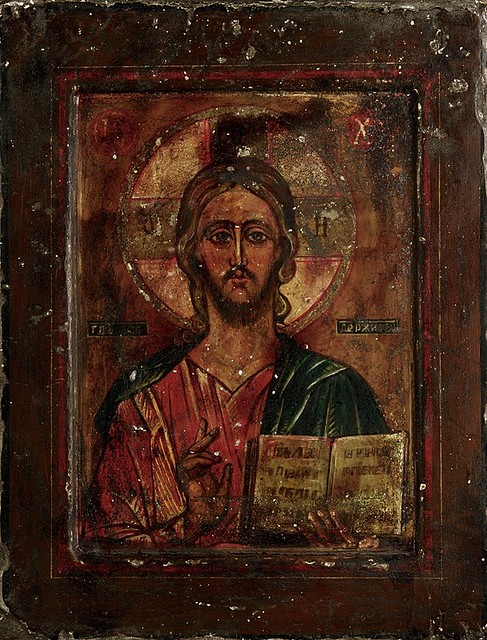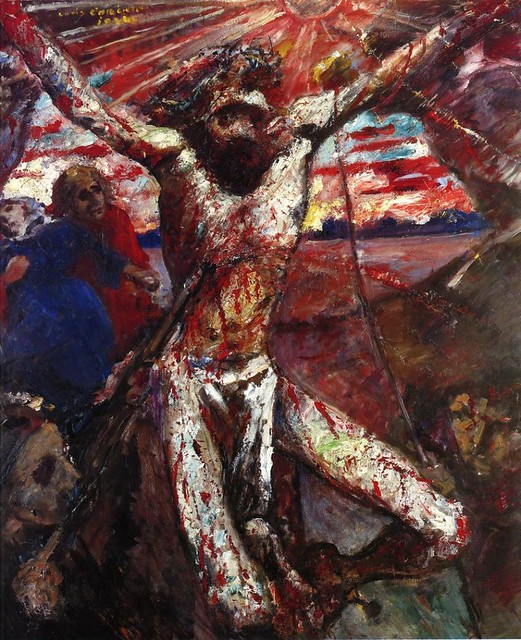Christ and Nothing
Today I stumbled upon a 2003 essay in First Things by David Bentley Hart. It’s 8,400 words on the inevitable nihilism of modernity. This is a topic I find myself thinking about a lot these days. What follows is my severe edit of the essay down to a thousand words that gets at the heart of the matter.
BZ
___________________________________________________________________________________
What is the consequence when Christianity, as a living historical force, recedes? We have no need to speculate, as it happens; modernity speaks for itself: with the withdrawal of Christian culture, all the glories of the ancient world that it baptized and redeemed have perished with it in the general cataclysm. Christianity is the midwife of nihilism, not because it is itself nihilistic, but because it is too powerful in its embrace of the world and all of the world’s mystery and beauty; and so to reject Christianity now is, of necessity, to reject everything except the barren anonymity of spontaneous subjectivity. As Ivan Karamazov’s Grand Inquisitor tells Christ, the freedom that the gospel brings is too terrible to be borne indefinitely. Our sin makes us feeble and craven, and we long to flee from the liberty of the sons of God; but where now can we go? Everything is Christ’s. Read more




